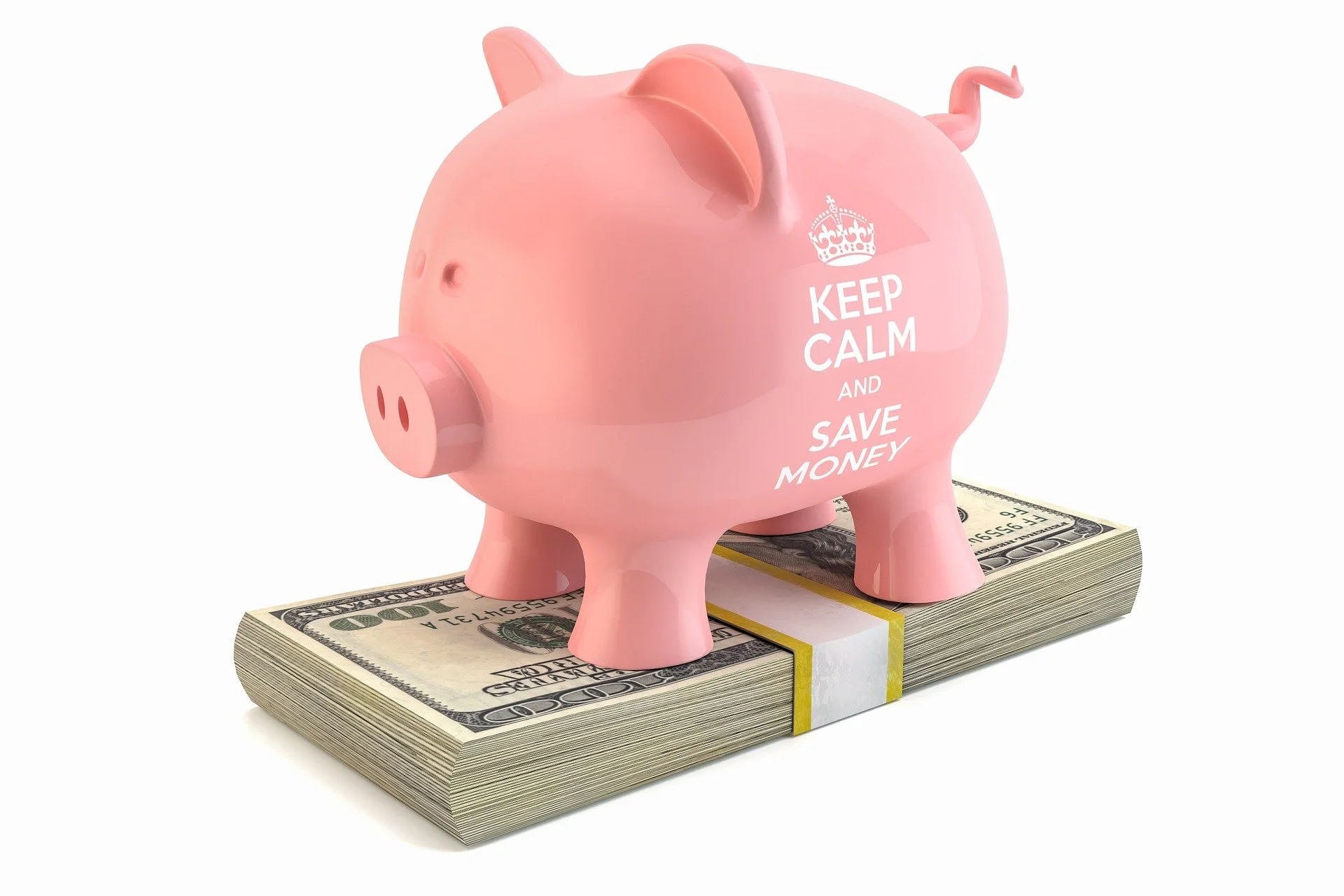What Is A 401(k)?
Key Takeaways:
An employer-sponsored retirement savings and investment plan is a 401(k).
A 401(k) plan participant consents to have a portion of each paycheck transferred directly into an investing account.
A Traditional and a Roth 401(k) offer different tax advantages.
What Is A 401(k)?
An employer-sponsored retirement savings and investment plan is a 401(k). A tax deduction is given to employees who contribute to 401(k) plans. Automatic contributions are taken out of employees' paychecks and invested in funds they choose.
A 401(k) plan participant consents to have a portion of each paycheck transferred directly into an investing account. The employer might match all or a portion of that contribution. The employee can choose from a range of investment options, the majority of which are mutual funds.
How Does A 401(k) Work?
The US Congress established the 401(k) plan to encourage Americans to save for retirement. A Traditional and a Roth 401(k) offer different tax advantages.
Traditional 401(k): A standard 401(k) deducts employee contributions from gross income, which means the money comes directly from the employee's paycheck and is not taxed. As a result, the entire amount of contributions made throughout the year is deducted from the employee's taxable income and can be claimed as a tax deduction for that tax year. Until the employee withdraws the funds, often in retirement, no taxes are required on the money contributed or the earnings from investments.
Roth 401(k): With a Roth 401(k), contributions are taken from the employee's after-tax income, which is their salary after income taxes have been withheld. Therefore, there is no tax break in the year of the contribution. No further taxes are owed when the money is withdrawn during retirement on either the employee's contribution or the investment earnings.
The employee may select either a Roth or a mix of both up to annual limits on tax-deductible contributions.
401(k) Plan Contribution
Traditional pensions have declined in popularity over the past few decades as employers have moved the burden and risk of retirement savings to their employees. As a result, 401(k) plans have become more common in their place.
Additionally, from the choices provided by their employer, employees are responsible for selecting the specific investments inside their 401(k) plans. Those options often include a range of mutual funds for stocks and bonds as well as target-date funds, which are created to lower the risk of investment losses as the employee gets closer to retirement.
Contribution Limits
A quarterly adjustment is made to a 401(k) plan's maximum contribution limit to consider inflation. Inflation is a metric that gauges an economy's rising cost of living.
A 401(k) plan's annual maximum contribution as of October 2022 is $20,500, or $27,000 if you are 50 or older. As a result, you are only permitted to contribute up to these limits before the IRS fines you for exceeding the limit.
There is a total employee-and-employer contribution amount for the year, regardless of whether the company additionally makes a contribution or if the employee decides to add additional, non-deductible after-tax payments to their standard 401(k) account.
Employer, Employee Matching
Employers who match employee contributions might do so using a variety of methods.
For instance, an employer might match 50 cents of every dollar an employee contributes up to a specific proportion of compensation.
Financial advisors frequently advise clients to make at least the minimum required contributions to their 401(k) plans to receive the full employer match.
How A 401(k) Earns Money
Your company will invest your 401(k) contributions in accordance with the selections you make from the options they provide.
How quickly and how much your money will grow depends on a variety of factors, such as
how much you pay annually
whether your employer matches your contribution
how your contributions are invested
the annual rate of return on those assets
how long you have before retirement.
Unless you have a Roth 401(k), you aren't required to pay taxes on investment gains, interest, or dividends until you withdraw money from the account after retirement. Additionally, if you start a 401(k) when you are young, the power of compounding may allow it to produce more money for you.
Compounding has the advantage that savings returns can be reinvested into the account to start producing their returns. In fact, after a long period, the compounded gains on your 401(k) account may exceed your contributions. In this way, as long as you continue to contribute to your 401(k), it might eventually turn into a sizeable amount of money.
When Can You Withdraw From A 401(k)
It is challenging to withdraw money from a 401(k) without paying taxes on the withdrawal sums once the money has been put into the account.
For Roth 401(k)s, the earnings are tax-free, whereas, for standard 401(k)s, they are tax-deferred. The money from the traditional 401(k) owner's withdrawals, which has never been taxed, will be treated as ordinary income for tax purposes. Owners of Roth accounts will not be taxed on withdrawals as long as they meet specific criteria because they have paid income tax on the money they contributed to the plan.
When you withdraw money, you must be at least 59 1/2 years old or satisfy other requirements outlined by the IRS, such as being totally and permanently handicapped.
If this occurs, they will typically be subject to a 10% early distribution penalty tax on top of any other taxes they owe.
Some firms enable employees to borrow money against their 401(k) plan contributions. In essence, the employee is borrowing from themselves. If you borrow money from your 401(k), keep in mind that if you quit your job before paying it back, you'll have to pay a 10% early withdrawal penalty or refund the loan in full.
Money Takeaway
Using a 401(k) plan as designed is one of the most enticing methods to save for retirement. You can invest in some of the best-performing assets, like stock funds, and earn competitive long-term returns while paying as little tax as possible.
In addition, your company might be willing to provide you free "match" funds merely for making retirement contributions for yourself. Not signing up for a retirement plan leaves free money on the table.






